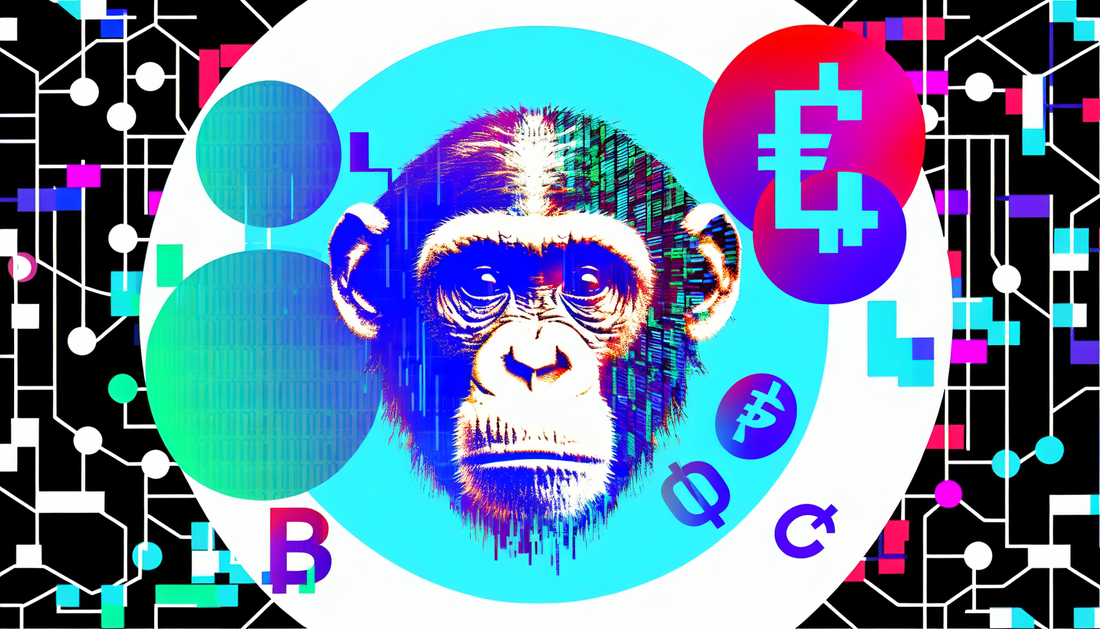
Decentralized Governance: The Power of ApeCoin DAO
Share
ApeCoin (APE) Governance: Decentralized Decision-Making in Action
ApeCoin (APE) stands out in the cryptocurrency ecosystem not just as a token but as an enabler of decentralized governance within the ApeCoin DAO ecosystem. The governance structure of ApeCoin illustrates how communities can actively shape the future of a decentralized project, empowering token holders with decision-making power while posing unique challenges in execution.
Understanding ApeCoin DAO Governance
The heart of ApeCoin's governance model lies in its decentralized autonomous organization (DAO), widely referred to as ApeCoin DAO. This structure allows all APE token holders to participate in the management and strategic direction of the ecosystem. Through community-led proposals, holders can vote on critical topics, ranging from fund allocation to the development and implementation of new projects.
A decentralized on-chain voting mechanism powers ApeCoin's governance system. Token holders wield influence proportional to their token holdings, presenting an incentive-based system where the more you invest in the ecosystem, the more say you have in its roadmap. While this is an attractive feature for stakeholders, it also raises questions about whether large holders may centralize decision-making power.
Proposal System: Empowering the Community
The governance process in ApeCoin DAO follows a clear proposal system. Community members can submit proposals known as AIPs (Ape Improvement Proposals). These proposals typically serve as the framework for changes the DAO may undertake, from technical upgrades to community initiatives.
Before entering a vote, AIPs undergo a thorough vetting process, including outlining potential risks, benefits, and financial implications. Following this, the proposals are open to discussion among the ApeCoin community, ensuring transparency and inclusivity in decision-making. The final step is an official on-chain governance vote, where token holders determine the fate of the proposal.
Challenges in Decentralized Governance
Despite its decentralized ideals, the governance model of ApeCoin DAO is not immune to criticism. One notable challenge is balancing community inclusivity with decision-making efficiency. While ApeCoin enables every token holder to participate in votes, low voter turnout can often skew the results, leaving critical decisions made by a small percentage of the community. Additionally, the risk of governance manipulation by a few large holders raises concerns about decentralization within the framework.
Broader Implications and Governance Comparisons
When assessing ApeCoin's governance, it is worthwhile to explore how similar challenges emerge in other blockchain ecosystems. For instance, comparing the governance dynamics of projects like [Decentralized Governance: The Heart of Polygons MATIC](https://bestdapps.com/blogs/news/decentralized-governance-the-heart-of-polygons-matic) can reveal overlapping trends while offering insights into overcoming governance challenges.
As an evolving experiment in blockchain governance, ApeCoin's efforts underscore the potential of decentralized decision-making mechanisms, albeit accompanied by their own complexities and trade-offs. Understanding these dynamics is key to participating effectively in the ecosystem while navigating the intricacies of governance in the crypto industry.
